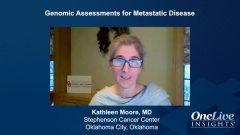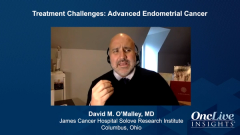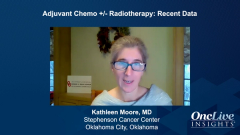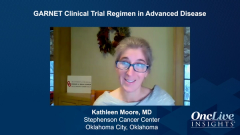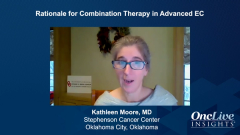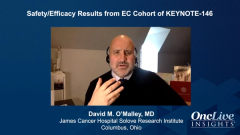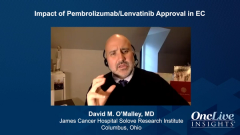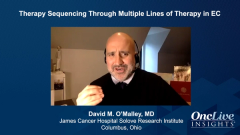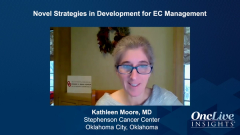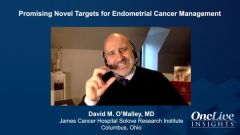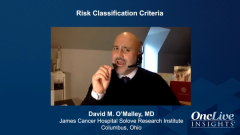
Endometrial Cancer Incidence and Risk Classification
Episodes in this series

David M. O’Malley, MD: It appears that endometrial cancer is actually increasing in its incidence. Why is that? Well, we know as a society we’re getting heavier, and that’s not helping. That only explains the higher number of lower-grade endometrioid cancers. We are also getting older, and as we age, we are seeing higher incidence of these type 2 or high-grade-type uterine cancers. As we age and get heavier as a population, that directly impacts the incidence and prevalence of endometrial cancer.
As the risk stratification of uterine cancer continues to change and metamorphose over time, we still use the classic definitions of histology, endometrioid, serous, and clear cell. Those are still very important. What else are very important? The uterine factors, looking how deep the tumor goes into the uterus, and looking to see if the cervix has stromal involvement. The tubes and ovaries still apply. Those are very important, along with metastatic disease to the regional lymph nodes, or intra-abdominally. That’s extremely important.
What else have we developed? Now we’re looking at the molecular changes in these tumors, and they may predict better than the histologies. TP53 expression, mismatch repair [MMR] protein deficiencies, and POLE, are all very impactful on the behaviors of the tumors and may be more important than histology.
But I’m not willing to give up histology. As we move forward, we still need to know these important aspects. As we look forward to the different classifications, the TCGA [the Cancer Genome Atlas] started to do this: low mutational burden, high mutational burden, POLE, TP53. Each of these categories continues to be refined, and some additional data continue to come out that we’re able to apply to the clinical patient population at the direct patient care. Meaning, it’s part of not just research trials but everyday care: TP53, MMR deficient, MSI [microsatellite instability] high.
Transcript Edited for Clarity


